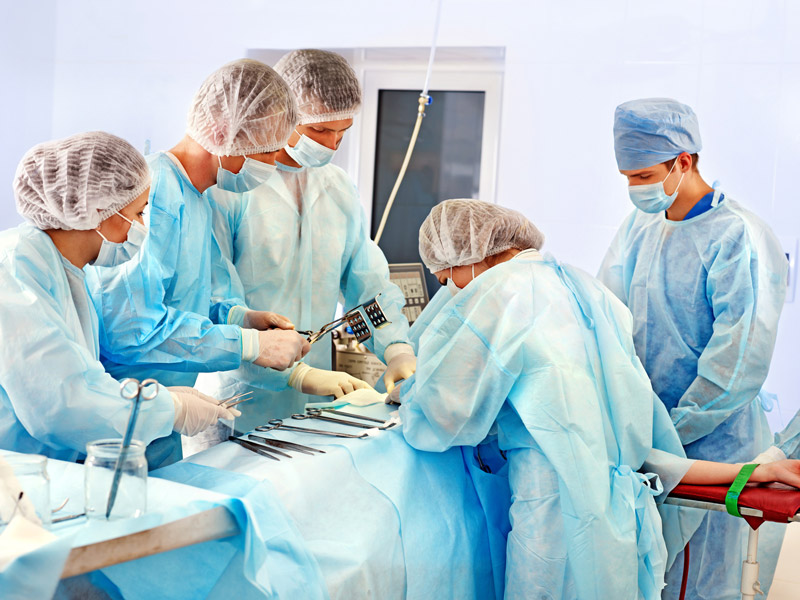Preparing for Surgery

Are You Preparing for Surgery and Don’t Know Where to Start?
Table of Contents
Orthopedic Surgery: Preparing For Surgery
 When there are no other options, sometimes surgery is the recommended treatment for pain management and other orthopedic conditions. Before surgery, you may be asked to get a physical examination and pre-surgery medical history. This examination should be completed within the 30 days before surgery. When surgery is a treatment option for your condition, you will want to check with your insurance provider to see if they will approve the surgery and cover it. When preparing for surgery, if the doctor recommends a longer recovery time, you may want to consider short-term disability to allow you a restful recovery time, make arrangements with your employer, and getting all your medical paperwork completed.
When there are no other options, sometimes surgery is the recommended treatment for pain management and other orthopedic conditions. Before surgery, you may be asked to get a physical examination and pre-surgery medical history. This examination should be completed within the 30 days before surgery. When surgery is a treatment option for your condition, you will want to check with your insurance provider to see if they will approve the surgery and cover it. When preparing for surgery, if the doctor recommends a longer recovery time, you may want to consider short-term disability to allow you a restful recovery time, make arrangements with your employer, and getting all your medical paperwork completed.
Preparing for Surgery Checklist
Taking these simple pre- and post-surgery steps can help to ensure your safety and a quick recovery!
The pre-op and post-surgery checklist:
What Steps Should I Take The Day Of My Surgery?
- Shower the night before or in the morning before your surgery as directed
- Remove all makeup and nail polish
- Do not wear any perfume
- Wear loose and comfortable clothing
- Do not wear any jewelry
- Take your medications, as directed by your doctor
- Do not eat or drink anything, if advised by your doctor
Discharge From The Hospital: Post Surgery
Once your surgery is complete, your family will be allowed to visit you. They will only be allowed to visit once you have had some rest and woken up from anesthesia. If pain medications are needed, the doctor will provide medications and instructions before you’re discharged. Your doctor will discharge you verbally and with a written notice of post-surgery instructions.
Ask your doctor how long after your surgery you should wait before you can drive. Due to certain medications that are given during surgery, you may have poor coordination, judgment, and ability to react.
What Steps Should I Take Post Surgery?
What Should I Watch for Post Surgery?
Watch for signs of infection. Swelling and redness around the incision area is normal. Symptoms of an infection can include:
- Excessive drainage and bleeding from the incision
- Fever of over 101.5 and chills
- Chest pain or difficulty breathing
If you notice these symptoms, it’s very important to call your doctor immediately or go to an emergency center.


